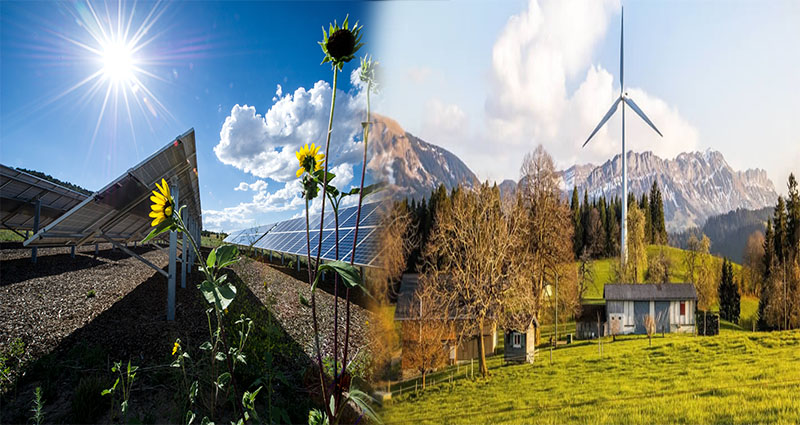As the world continues to prioritize sustainability and reducing carbon emissions, renewable energy sources have become a critical focus for residential sustainability. By harnessing renewable energy, homeowners can reduce their reliance on non-renewable fossil fuels and contribute to a greener future. In this article, we will explore some of the top renewable energy options available for residential sustainability.
1. Solar Power
Solar power is one of the most popular and widely accessible renewable energy options for residential sustainability. Solar panels convert sunlight into electricity, which can be used to power homes and appliances. By installing solar panels on rooftops or in open areas, homeowners can generate their own clean and renewable energy. In addition, excess energy can be stored in batteries or fed back into the grid, contributing to the overall renewable energy supply.
2. Wind Energy
Wind energy is another renewable energy option that can be harnessed by homeowners. Small-scale wind turbines can be installed on the property to generate electricity from the wind. While wind energy may not be feasible for all residential areas due to location and space requirements, it can be a viable option for those living in open and windy regions. Homeowners can use the electricity generated from wind turbines, reducing their reliance on non-renewable sources.
3. Geothermal Heating and Cooling
Geothermal systems utilize the stable temperature of the earth to provide heating, cooling, and hot water for residential buildings. By leveraging the constant temperature below the ground’s surface, geothermal heat pumps extract and transfer heat to regulate indoor temperatures efficiently. Geothermal systems require an initial investment but offer long-term energy savings and significantly reduce greenhouse gas emissions compared to traditional heating and cooling systems.
4. Biomass Energy
Biomass energy uses organic matter, such as wood pellets, agricultural waste, or dedicated energy crops, to produce heat or electricity. Biomass boilers or stoves can be installed in residential properties to provide heating and hot water. However, it is essential to ensure that biomass materials are sourced sustainably to avoid negative environmental impacts, such as deforestation. When managed responsibly, biomass can be a renewable energy option that contributes to residential sustainability.
5. Hydropower
Hydropower utilizes the energy of moving water, such as rivers or streams, to generate electricity. While large-scale hydropower plants may not be feasible for residential areas, micro-hydropower systems can be implemented in certain locations with sufficient access to flowing water. These systems typically involve a small turbine connected to a generator, producing electricity that can power homes and appliances.
6. Tidal and Wave Energy
Tidal and wave energy are forms of renewable energy that harness the power of ocean tides and waves to generate electricity. While these technologies are still in the early stages of development, they show great potential for generating clean and sustainable energy in coastal regions. As the technology continues to advance, tidal and wave energy may become more accessible and applicable to residential sustainability.
As the world transitions towards a more sustainable future, homeowners have a variety of renewable energy options to choose from. Solar power, wind energy, geothermal heating and cooling, biomass energy, hydropower, tidal, and wave energy all offer viable solutions for residential sustainability. By adopting these renewable energy sources, homeowners can not only reduce their environmental impact but also save on energy bills and contribute to a cleaner and greener planet. Investing in renewable energy options is a win-win situation for homeowners and the environment alike.












